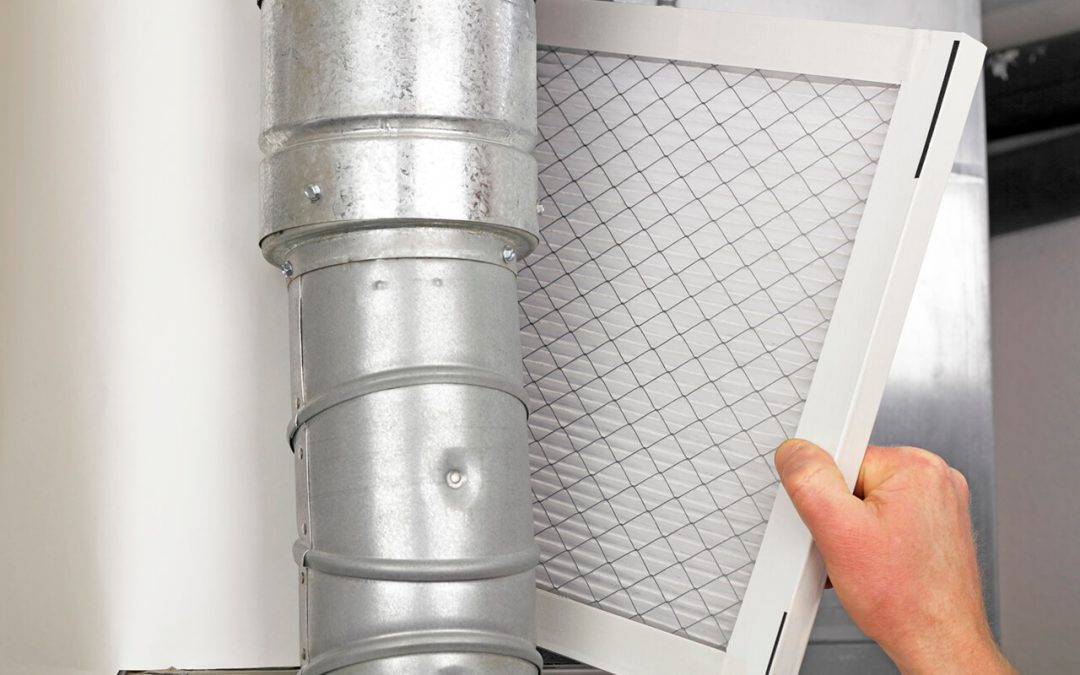Improving indoor air quality is crucial because it affects your health, comfort, and well-being. Poor air quality can cause a range of symptoms, including headaches, dizziness, allergies, and asthma, as well as long-term illnesses such as respiratory diseases and cancer. Fortunately, there are some simple steps you can take to improve the air quality in your home. Check out these six tips to improve indoor air quality.
Change Your Air Filters Regularly
Your furnace and air conditioning units have filters that must be changed regularly. Dirty filters can cause a buildup of dust, bacteria, mold, and other allergens in your home. Check the manufacturer’s instructions for how often to change the filter — it may need to be changed as often as once a month during periods of heavy use.
Dust and Vacuum Regularly
Dust collects on furniture, curtains, shelves, floors, and other surfaces in your home. Use a damp cloth or mop to keep these areas clean. Vacuuming frequently can also help to reduce dust particles in the air. Make sure you’re using a vacuum with a HEPA filter — this will help capture more of the tiny particles in your home.
Improve Indoor Air Quality by Preventing Mold Growth
Mold growth can be a significant source of air pollution and poor air quality, so it’s important to keep your home dry and well-ventilated. Make sure there is good airflow between rooms, especially the bathroom and kitchen. Fix any water leaks that you find as soon as possible, and make sure there is no standing water anywhere in your home.
Open Your Windows on Nice Days
When the weather is nice, open your windows and let some fresh air into your home. This will help to clear out pollutants and replace them with cleaner outdoor air. Just make sure you keep an eye on pollen counts during allergy season — if they’re high, then it’s best to keep your windows closed.
Keep Humidity Levels Under Control to Improve Indoor Air Quality
High humidity levels can lead to mold growth and create a breeding ground for dust mites and other allergens. Use a dehumidifier or air conditioner, if needed, to keep the humidity in your home around 30-50%.
Avoid Unnecessary Chemicals
To keep your indoor air clean, avoid using unnecessary chemical products. Air fresheners, scented candles, and aerosols can contribute to poor air quality. Instead of using these products, choose natural options such as essential oils or houseplants.
Following these tips can go a long way in improving the air quality in your home. Take the time to implement these changes, and you’ll be breathing easier soon.
RedCoat Property Group offers home inspection services in central Maryland, southern Pennsylvania, and Washington DC. Contact us to request an appointment.

